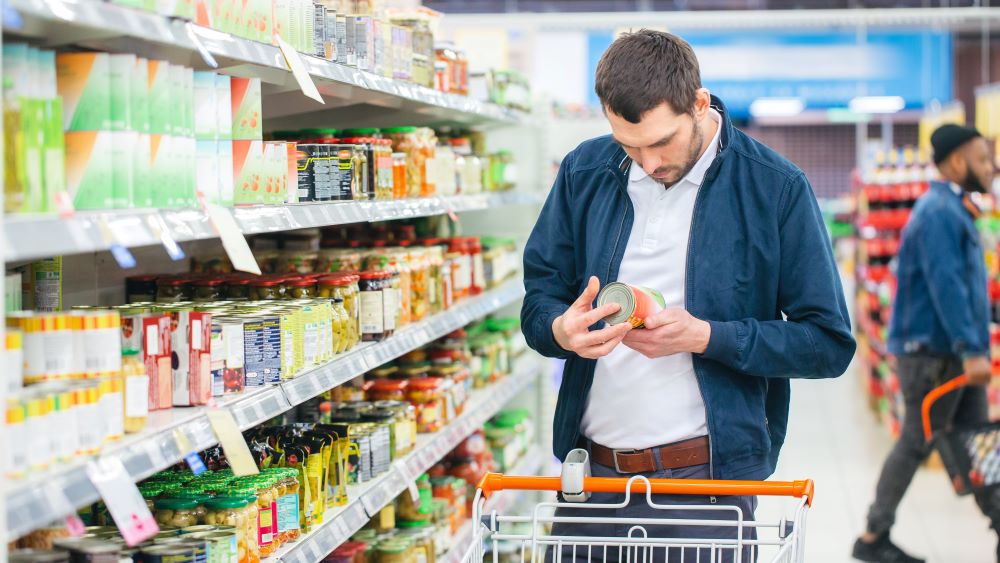
Global food prices could increase by more than 20% because of the war in Ukraine, the UN’s food agency has warned.
With food and feed prices already at a high, the Food and Agriculture Organization (FAO) said they could increase by a further 8-22%.
Ukraine and Russia are responsible for around 30% of global wheat production and are also an important source of barley and maize, the Grocer reports.
Food uncertainty
The FAO warning comes on top of a US Department of Agriculture statement that the military action in Ukraine had “significantly increased the uncertainty of agricultural supply and demand conditions in the region and globally”.
Spring planting in Ukraine is also in peril, said John Rich, executive chair of Ukraine’s leading food supplier MHP.
Military action in the next week or two could affect planting in the west of the country, the FT reports.
Export bans
Representatives attending a G7 agriculture ministers’ meeting called on countries to avoid export bans, with Spain’s agriculture minister Luis Planas highlighting “a serious problem with animal feed”.
He called on the EU to ease restrictions on insecticide residues and genetically modified organisms (GMOs) to allow for more imports from Argentina and the US.
EU member states are to vote on a support plan for impacted farmers on the continent on 21 March.
Farmers in need
British food producers told the BBC that UK food prices could rise by 15%.
Food producer 2 Sisters said the price it paid for chicken was up, while flour producer GR Wright & Sons warned its prices are “absolutely certain” to rise.
The NFU has also said that farmers needed urgent help to safeguard food security as wheat feed prices are up by 39% on last year, fertiliser costs are rising, and farms continue to suffer from a shortage of foreign workers.
Poorest hit hardest
The World Food Programme has said that poor countries will be hardest hit by rising food prices with executive director David Beasley pointing to a perfect storm of conflict, climate change and coronavirus, the BBC reports.
However, the Atlantic claims that the world is more resilient to a food crisis than in the past and that aid organisations will help.



